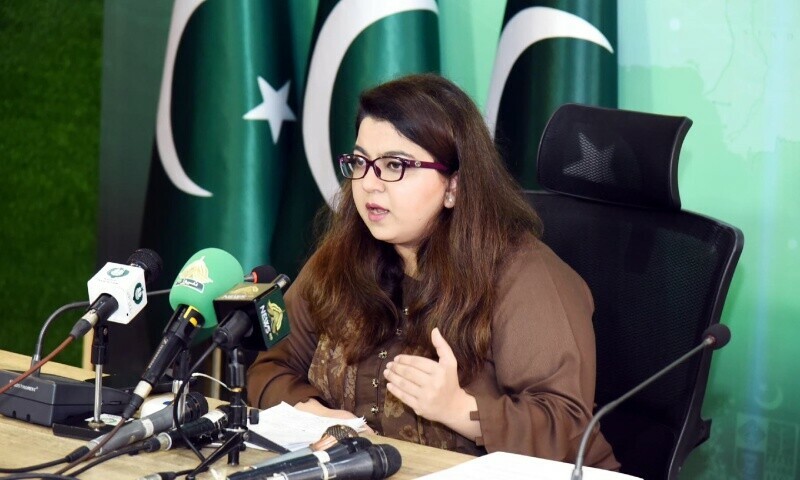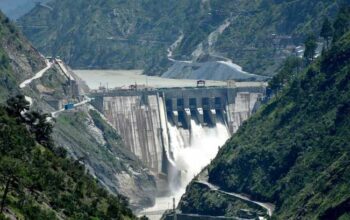By Staff Reporter
ISLAMABAD: The government on Sunday contradicted its earlier stance on internet disruptions in the country, blaming virtual private networks (VPNs) for slowdowns after previously acknowledging that a new firewall had caused the problem.
“I want to reassure the public that the internet has neither been shut down nor slowed down by the state,” State Minister for Information Technology (IT) Shaza Fatima Khawaja told reporters at a news conference.
“Reports suggesting that the internet was being throttled are completely false. The issue was limited to a few services on certain apps not downloading, which led a large segment of the population to start using VPNs.”
Earlier this week, Khawaja acknowledged the public’s concerns and said that the internet should never be slow and that news about a firewall being installed by the government was “blown out of proportion”.
“The government has been operating a web-management system. The system is now being upgraded,” she then said.
At Sunday’s press briefing, Khawaja explained that when a large number of people use VPNs to bypass Content Delivery Networks (CDNs) or local caches and connect directly to live servers, it puts additional pressure on those servers, which can ultimately slow down the internet.
“The issue was limited to a few services on certain apps not downloading, leading to increased VPN usage, which put pressure on servers and slowed the internet,” the minister said. “Even when you use VPNs on your phones, you may notice that your device automatically slows down. This is because the increased traffic exerts pressure, which led to the internet slowing down for a few days.”
“I can say under oath that the government neither shut down nor slowed down the internet.”
The denial follows complaints of slow internet speeds from freelancers and businesses, with the industry association confirming a 30-40 percent slowdown.
The Wireless and Internet Service Providers Association of Pakistan (WISPAP) also blamed the slowdown on the government’s enhanced security and surveillance measures, saying they had crippled online businesses and individuals reliant on fast and reliable connectivity.
Local media reported that the government moved to implement a nationwide firewall to block malicious content, protect government networks from attacks, and allow the government to identify IP addresses associated with what it calls anti-state propaganda.
The government has already blocked access to social media platform X since the February elections. It said the blocking was to stop anti state activities and a failure by X to adhere to local laws.
Copyright © 2021 Independent Pakistan | All rights reserved




